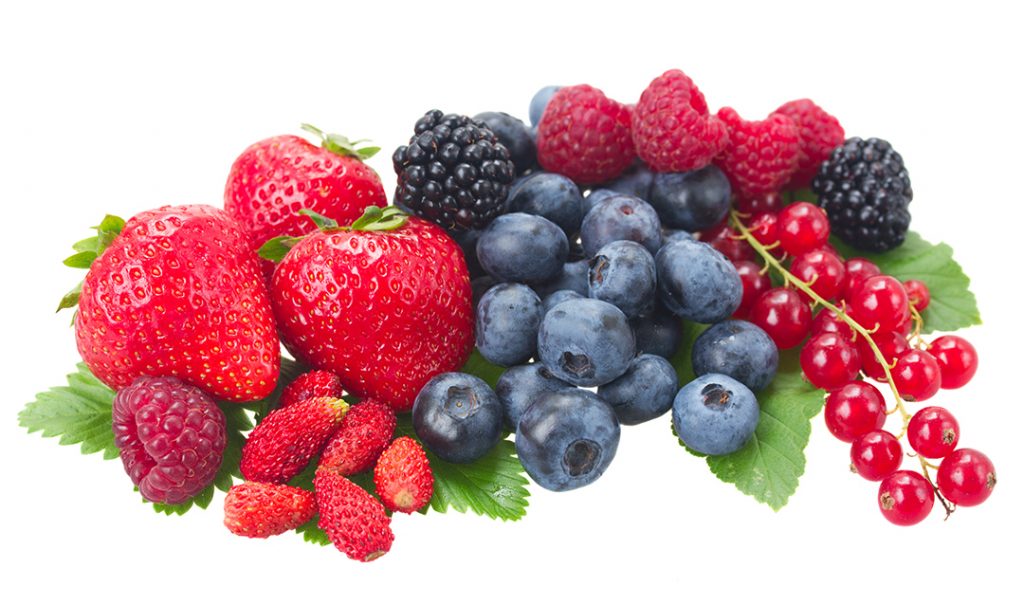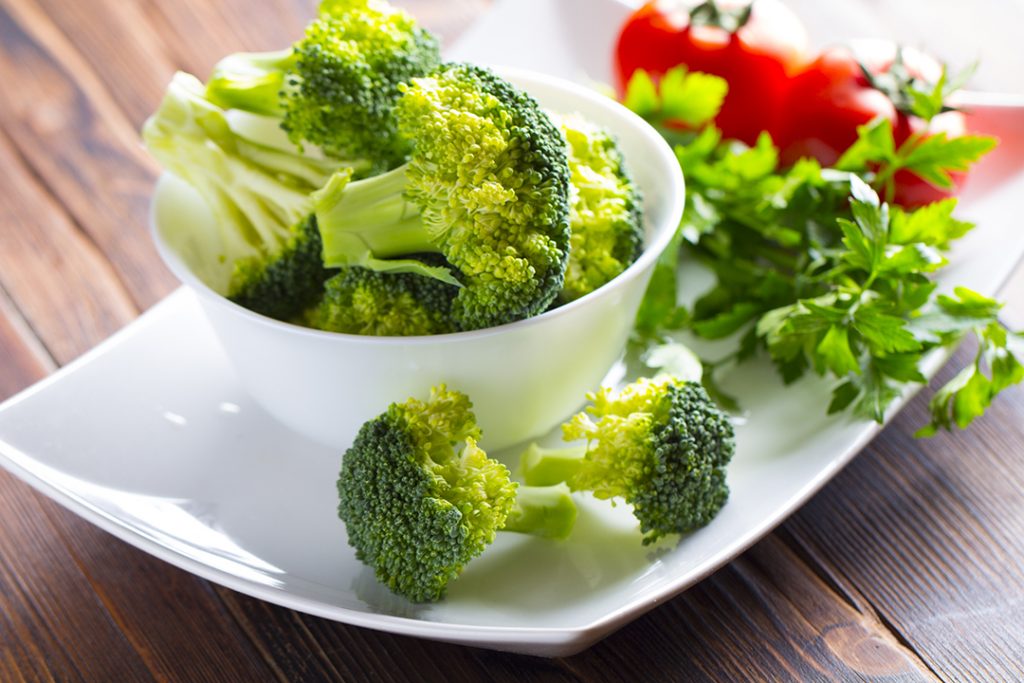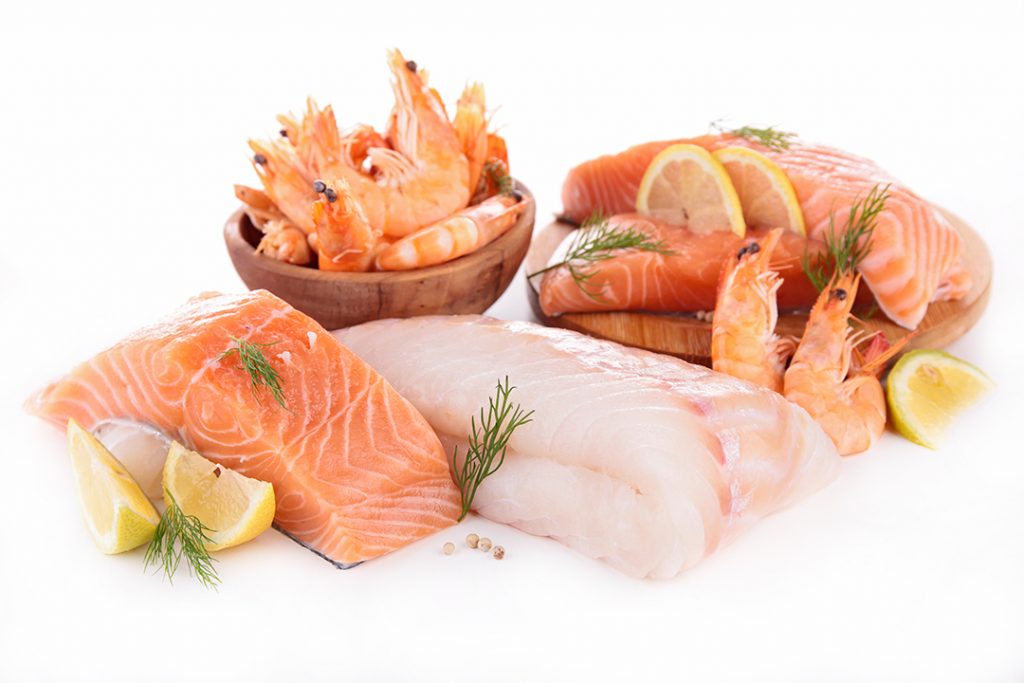
If you want to protect your body from external aggressions and keep it young, a diet that includes antioxidants will help you achieve this since these substances are elements that protect cells against the aggression of free radicals.
When radical production is high, or cellular repair is insufficient, damage can occur. That is why it is important to help your body prevent different diseases and cellular aging.
Their intake is essential to maintain full health, but what function do they play in the body?
Their role as a reducer of oxidative stress, a problem that usually worsens with age, is what makes them so essential, therefore their consumption plays an essential role in achieving a better quality of life.
Eating fruits or vegetables to assimilate these compounds is a key factor in having a quality old age. Antioxidant substances include:
Beta carotenes
You can find them in oranges, carrots, mangoes, pumpkin, broccoli, sweet potato and zucchini.
Lutein
It is mainly present in green leafy vegetables.
Lycopene
Contains pink grapefruit, watermelon and tomatoes
Selenium
They are found in cereals, legumes, fish, whole wheat bread and nuts.
Vitamin A
Present in milk, liver, butter and eggs
Vitamin C
You can find them in papayas, strawberries, oranges and kiwi
Vitamin E
Eat them in nuts and seeds, plus spinach and kale
Fruits rich in antioxidants

Strawberries → They contain a high content of vitamin C and magnesium. Consume them in spring and summer.
Blackberries → They are anti-inflammatory. Enjoy them at the end of summer.
Blueberries → They are rich in flavonoids. Eat them in July and August.
Berries → They are rich in vitamin C and E
Gooseberries→ Important source of fiber. They ripen in summer and autumn.
Raspberries → Regulate hypertension and blood circulation. Find them in summer.
Cherries→ They contain potassium, calcium and phosphorus. They appear at the beginning of summer.
Vegetables rich in antioxidants

Broccoli→ source of vitamin C and A. Its season runs from November to April.
Tomato→ vitamin A and C. Rich in lycopenes. Ideal from July to September.
Garlic→ vitamins of group B. Antiseptic, diuretic and cleansing power. Ideal to consume at the end of winter.
Carrot→ Large amount of vitamin A. At the end of February they will be in season.
Pumpkin→ They contain B vitamins. Enjoy them in autumn.
Other foods rich in antioxidants that you should include

- Salmon: vitamins A and D as well as essential fatty acids
- Oysters: contain vitamin A and C, as well as calcium, iron, zinc and selenium
- Seafood: they stand out for their large amount of vitamin E
- Sardines: they are rich in group B vitamins
- Tuna: have vitamins C and E as well as beta-carotene
- Brewer's yeast: contains selenium and B vitamins
- Extra virgin olive oil Don't miss it for cooking as well as for dressing!
Including them periodically and in moderate amounts in your diet will help protect you against the harmful effects of the environment.
PRONAPRESA
"Because prevention is better than cure"





















































